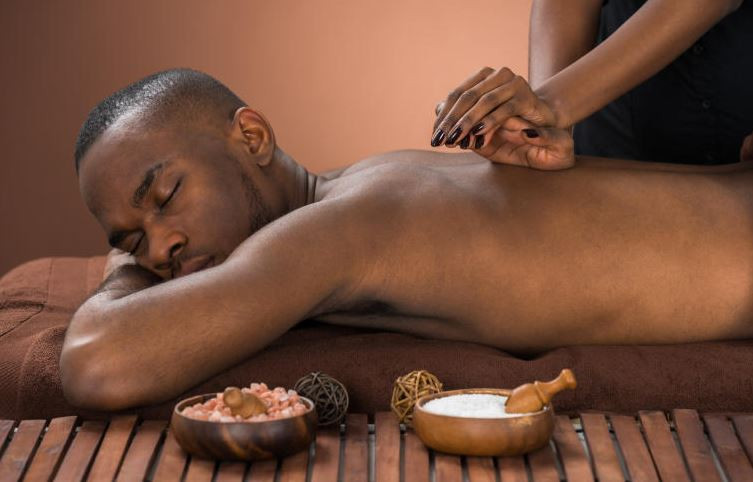×
The Standard e-Paper
Join Thousands Daily

The introduction of 'happy ending' in massage parlours spread in major towns.
For many years' massage parlours were perceived to be relaxation spots for the affluent individuals in the city and major towns.